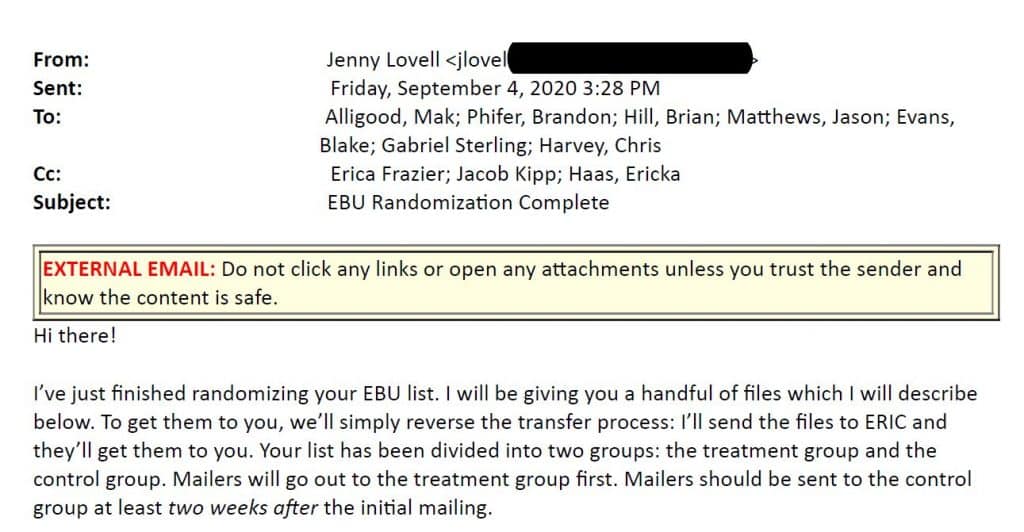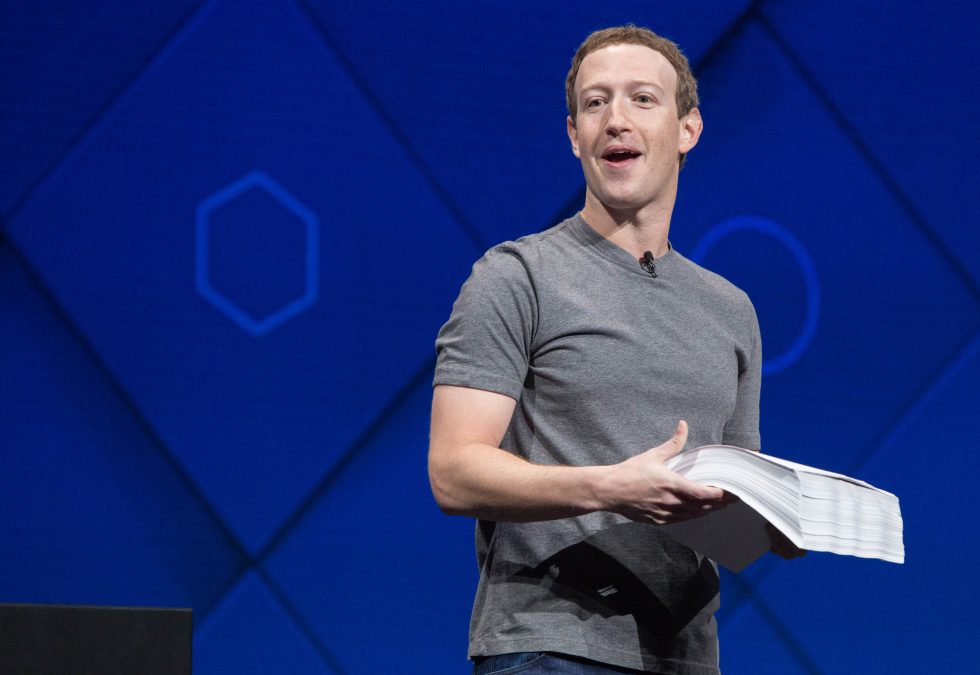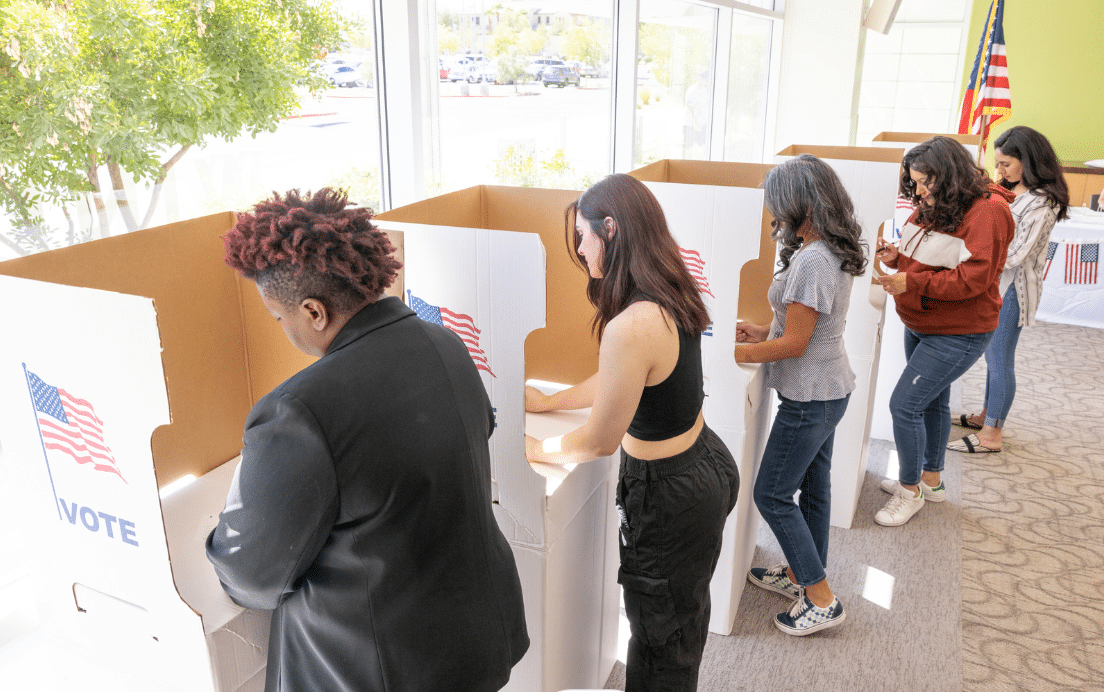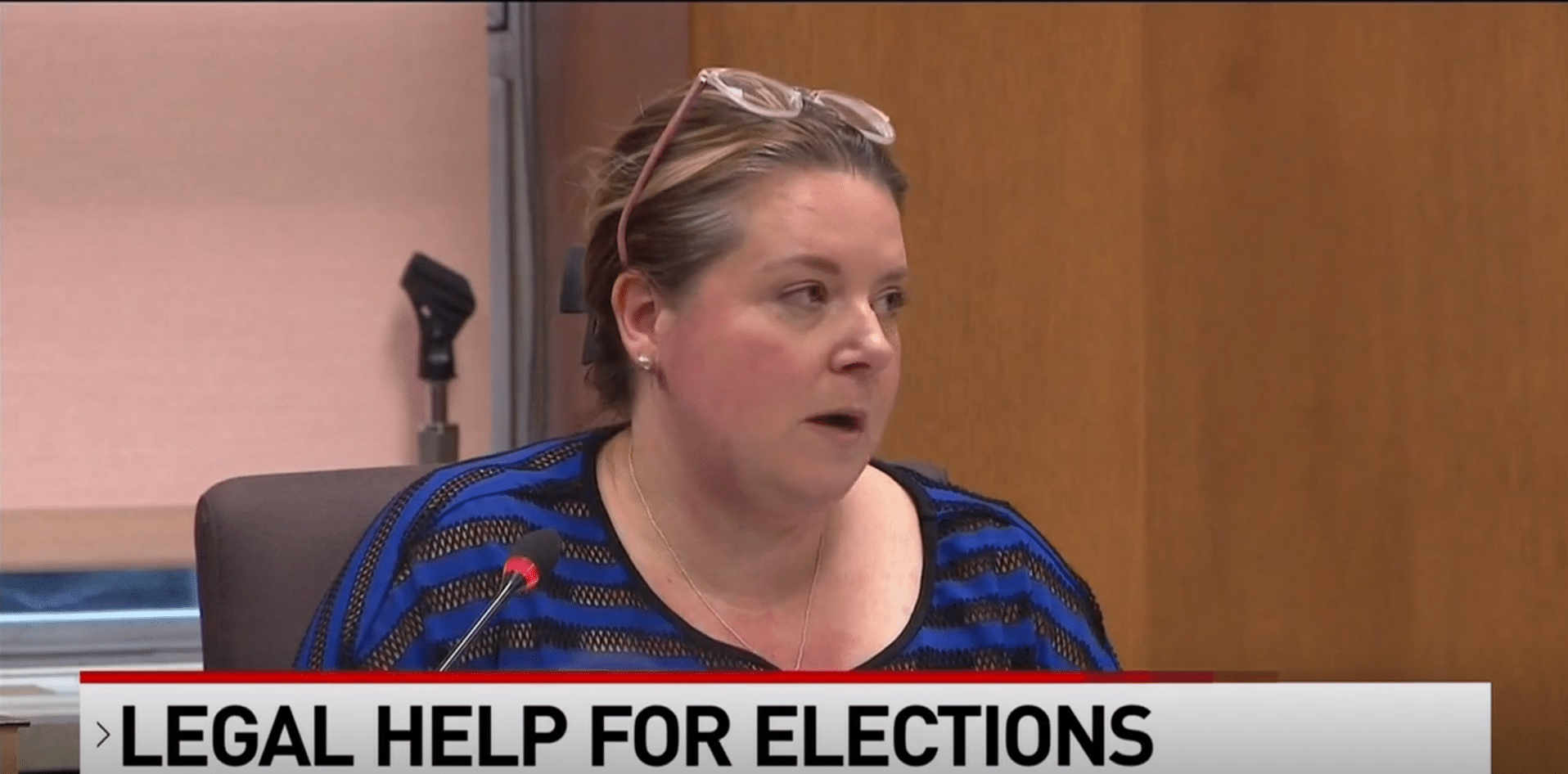5 Accountability Questions for ERIC
The Electronic Registration Information Center (ERIC) is the Left’s top machine for digging up the Democratic Party’s preferred voters. Every campaign strategist knows that good data wins elections, which is why the Left created ERIC to find new Democratic voters in battleground states, helping to turn Georgia and Arizona blue.
Now that’s changing.
Thanks to new investigations—including our groundbreaking report—ERIC’s cracking under scrutiny. Five states have already left or announced their exit and two more, Ohio and Alaska, have suggested they’ll follow. They won’t be the last.
In the spirit of accountability—and ERIC’s members set to meet tomorrow to discuss reforms—here are five questions lawmakers and watchdog groups ought to ask ERIC’s leaders:
1. Why doesn’t ERIC require states to clean their voter rolls?
ERIC recognizes that “improper voting undermines public confidence in the electoral process and election outcomes,” something its voter information can help prevent; but its bylaws do not require member states to request “data identifying voters who appear to have cast improper votes in a preceding election.” Worse, the steps states must take to receive this information are onerous, discouraging regular maintenance of state voter files.
In other words, ERIC makes basic oversight—preventing double-voting—optional and difficult, ensuring only the most dedicated states will follow through.
Yet Wisconsin, an ERIC member, recently charged a man with voting twice in the 2020 election. If it’s serious about cleaning up voter rolls, why doesn’t ERIC require all members to routinely check for double-voting?
2. Why does ERIC require states to register new voters?
ERIC requires members to “initiate contact with at least 95% of the eligible or potentially eligible citizens” identified by interstate data and “inform them how to register to vote”—or risk being booted from the compact. If ERIC’s primary purpose is to make states’ “voter registration lists and processes more accurate [and] complete,” why force them to expand the electorate with low-propensity voters, creating more potential for error?
ERIC’s own members have complained about this mandatory voter registration. In 2022, a bipartisan set of states met to propose reforms to the compact, including “bipartisan oversight” and the requirement to register eligible-but-unregistered individuals—only to be thwarted by “an ex-officio board member’s aggressive lobbying campaign.”
What is ERIC hiding? Why is registering new voters so important to an organization created to clean up voter files already bursting with voters who’ve died, moved, or fallen off the rolls?
3. What is ERIC’s exact relationship with CEIR and David Becker?
ERIC was formed by David Becker, a partisan super-lawyer who previously worked as a senior activist for the far-left People for the American Way. At the U.S. Justice Department, colleagues described him as an “unethical,” “hard-core leftist” who “couldn’t stand conservatives.” ERIC itself was created as a project of the Pew Center on the States, an offshoot of the left-wing mega-donor Pew Charitable Trusts, which funded the project through 2019.
Becker now runs the Center for Election Innovation and Research (CEIR), which aims to expand voting-by-mail while falsely accusing conservative critics of threatening election officials and spreading “election denialism.” In 2020, CEIR received nearly $70 million from liberal billionaire Mark Zuckerberg to spread its “reforms” across the states, including a targeted get-out-the-vote campaign in Maryland’s Democratic counties.
ERIC denies that it maintains a data-sharing agreement with CEIR while liberals at the Washington Post have said these claims are “without evidence.” Yet emails obtained via public records request reveal CEIR’s role in generating supposedly “random” lists of eligible-but-unregistered individuals for states to target in their mandatory registration drives.
 Credit: Verity Vote, 2022.
Credit: Verity Vote, 2022.
Becker, too, remained a non-voting member of ERIC’s board—a position specifically carved out in its bylaws—until March 2023, and almost was certainly the target of member states’ complaints about a certain “ex-officio board member’s aggressive lobbying campaign” to block ERIC reform.
ERIC’s proximity to Becker and CEIR has caused 5 states to withdraw since last year: Florida, West Virginia, Missouri, Alabama, and Louisiana. Alaska, Ohio, and Texas are considering exiting the compact if ERIC doesn’t cut ties with these partisans.
It’s hard to imagine leftists would be mum if ERIC was sending its data to conservative groups like the National Rifle Association or Americans for Prosperity. Yet these same leftists would have the public believe that it’s perfectly normal to do so with activists like Becker and CEIR.
It’s time for ERIC to clarify its relationship with both and explain why it shares sensitive voter data with CEIR. What other organizations does it share data with? And who does CEIR send the data to?
4. Will ERIC release its list of vendors and partners?
The public and their representatives ought to know exactly which groups ERIC partners with. That includes any data vendors and companies that ERIC’s hired to work on personal voter data so watchdogs can assess them for any bias. Will ERIC release this list to its members?
5. Is ERIC breaking the law by sharing private voter data?
Many states protect voter privacy by prohibiting sensitive information like names, driver’s license numbers, and Social Security numbers from being publicly accessed (including by political data vendors). But ERIC regularly collects this sensitive information as part of its voter roll “services.”
Is ERIC breaking the law? It seems likely, but we won’t know until a judge rules on the issue. Until then, lawmakers must ask if it’s appropriate for this private organization to have access to an incredible database of personal data on millions of Americans—particularly given problems with information leaks in recent years.
For more, read our report “ERIC: The Best Data Money Can’t Buy“



